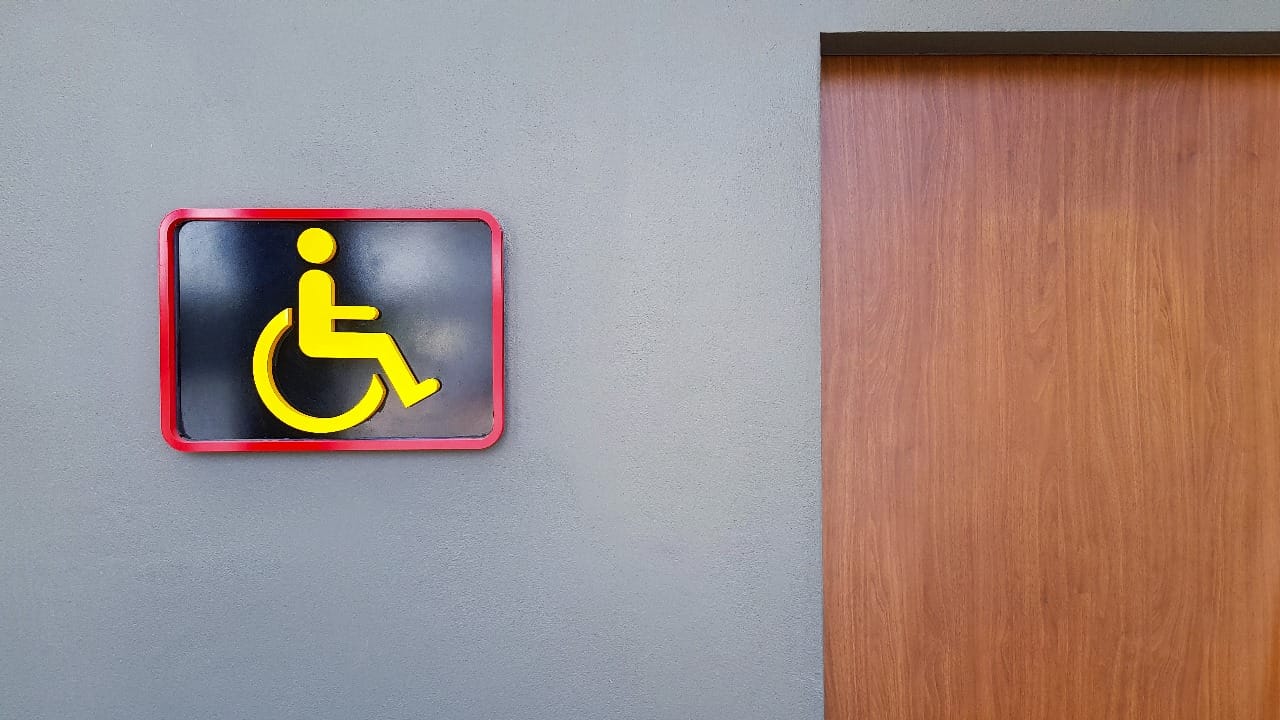Understanding Accessibility Requirements for Rental Properties in Dubai: Legal Obligations and Best Practices

Dubai is renowned for its modern skyline and luxurious living spaces, but ensuring that rental properties are accessible to everyone is just as important as their aesthetics and amenities. As Dubai continues to grow and attract a diverse population, accessibility has become a key concern, and property owners and managers must navigate legal obligations to ensure compliance with accessibility requirements. Here’s a comprehensive look at what you need to know about accessibility requirements for rental properties in Dubai.
Legal Framework and Regulations
In Dubai, the primary legal framework for accessibility requirements falls under the broader umbrella of laws and regulations designed to ensure inclusivity and accessibility for people with disabilities. The key regulations include:
- Dubai Accessibility Code
The Dubai Accessibility Code is a set of guidelines designed to ensure that public and private spaces are accessible to all individuals, including those with disabilities. This code provides detailed specifications for various aspects of property accessibility, such as:
– Entrance Accessibility: Ensuring that entrances to buildings are wheelchair accessible, with ramps and automatic doors where necessary.
– Internal Navigation: Requirements for clear pathways, elevators with Braille controls, and sufficient turning spaces for wheelchairs.
– Facilities and Amenities: Accessible restrooms, parking spaces, and other essential amenities.
- Federal Law No. 29 of 2006
The Federal Law No. 29 of 2006, also known as the “Federal Law on the Rights of Persons with Disabilities,” provides a broader legal framework that emphasizes the need for equality and non-discrimination. While the law primarily focuses on the rights and entitlements of individuals with disabilities, it indirectly impacts property accessibility requirements by mandating that all public and private entities adhere to principles of inclusivity.
Key Accessibility Features for Rental Properties
To comply with Dubai’s accessibility regulations, rental properties should include the following features:
- Accessible Entrances and Exits
Ensure that all building entrances and exits are accessible. This includes the installation of ramps with appropriate gradients and wide enough to accommodate wheelchairs, as well as automatic or push-button doors for ease of entry. - Adequate Parking
Provide designated parking spaces close to building entrances for individuals with disabilities. These spaces should be clearly marked and designed to accommodate various types of mobility aids. - Internal Layout
The internal layout of rental properties should be designed to facilitate easy navigation. This includes:
– Wide Doorways and Hallways: Ensure that doorways and hallways are wide enough for wheelchair access.
– Accessible Elevators: Elevators should have accessible controls and sufficient space for maneuvering wheelchairs.
- Accessible Facilities
Make sure that essential facilities, such as restrooms, kitchens, and common areas, are accessible. This includes:
– Restrooms: Install grab bars, accessible sinks, and sufficient maneuvering space.
– Kitchens: Ensure that countertops and appliances are within reach for individuals using wheelchairs.
- Emergency Procedures
Develop and communicate emergency evacuation plans that account for individuals with disabilities. This includes having clear signage, accessible fire alarms, and designated assistance areas.
Implementation and Compliance
- Regular Audits
Conduct regular accessibility audits to ensure ongoing compliance with the latest regulations and standards. These audits can help identify and address any areas where accessibility may be lacking. - Training and Awareness
Property managers and staff should receive training on accessibility requirements and best practices. Awareness and sensitivity training can help ensure that all tenants and visitors feel welcome and supported. - Collaboration with Experts
Consider consulting with accessibility experts or hiring professionals who specialize in designing and auditing accessible spaces. Their expertise can be invaluable in ensuring that your property meets all legal requirements.
Conclusion
Accessibility is not just a legal obligation but also a moral imperative that reflects the commitment of property owners and managers to inclusivity and equality. By understanding and implementing the accessibility requirements outlined in Dubai’s regulations, you not only comply with the law but also enhance the quality of life for all residents. As Dubai continues to develop and diversify, maintaining accessible rental properties will be crucial in fostering a truly inclusive community.
Ensuring compliance with accessibility requirements is an investment in the future, one that aligns with Dubai’s vision of becoming a global hub for diversity and inclusivity.
If you’re seeking top-notch owner association management services in the Dubai, please contact Symbiosis Owner Association Management Service www.syoam.com on bd@syoam.com. Symbiosis stands out as the premier choice for homeowners, driven by a commitment to transparency, integrity, and customer satisfaction.


